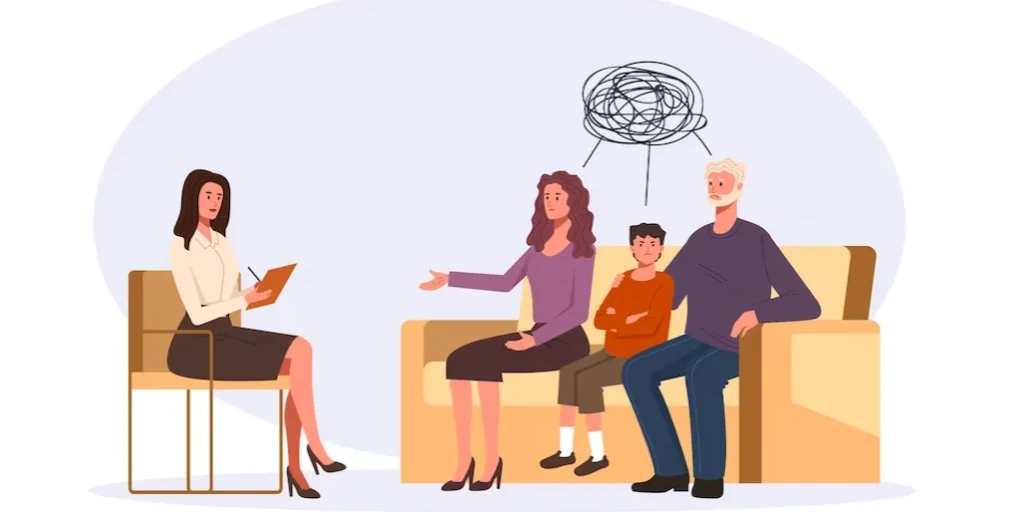24/7 Helpline:
(866) 899-111424/7 Helpline:
(866) 899-1114
Learn more about Group Therapy centers in Worton
Group Therapy in Other Cities

Other Insurance Options

Covered California

Oxford

Ambetter

Absolute Total Care

Sutter

United Health Care

GEHA

Magellan Health

Humana

Magellan

Aetna

Horizon Healthcare Service

Molina Healthcare

Health Partners

Group Health Incorporated

Access to Recovery (ATR) Voucher

Self-pay options

UMR

Amerigroup

Sliding scale payment assistance














